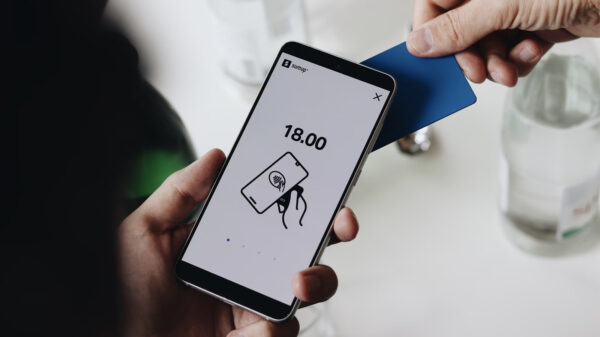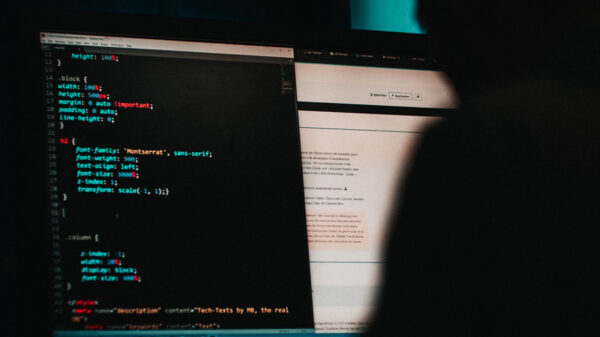With more Filipinos relying on the internet for many of their daily activities and with information easily spread from one platform to another, practicing caution in the consumption and sharing of data becomes even more crucial.
The majority of Filipino internet users believe that “fake news” is a serious problem on the internet, based on a survey released by local research institution Social Weather Station (SWS) in June 2018.
As the generation with the biggest online presence, millennials play a significant role in making sure that the truth prevails amid the rampant spread of false information.
But how exactly can one tell fake news from factual ones? Here are some tips on how millennials can help discern between fake news and real news, and promote truth in this age of disinformation:
1. Go only to reliable sites.
Do not rely on social media for news. Both local and international publications have their own websites from which to get the daily dose of news. For research requirements, there are specific sites on the web for different topics.
2. Be critical of content. Do not take everything at face value.
Practice critical thinking when reading and sharing articles, especially on the internet. Don’t presume that an article, tweet or post is true simply because it has been liked, commented on or shared many times.
If a piece of information sounds suspicious or ridiculous, research about it. If the article makes extraordinary or outrageous claims such as having found the cure for an illness or discovered the fountain of youth, take that as a sign to evaluate the content or message.
Don’t fall for clickbait titles. Be wary as well of provocative headlines or those that emphasize emotionality. If, however, you do end up reading the article, read beyond the title and examine the article as a whole.
3. Remember that truth is non-partisan.
Be objective in consuming content, whether or not it validates a political position. Do not depend on political parties for your news consumption, as they tend to present data favorable only to their positions on causes.
Check for biases. Evaluate the tone or words used. These should be neutral and objective and not be used to present the topic, person, event or issue as bad or good. A news article, professionally written following the tenets of journalism, in particular, should be unbiased and present the different, if not all, sides of a story.
4. Verify data.
Start with the date of the article. News should be about recent events. Check and question the source or sources of data. If the article fails to provide references, be even more vigilant. Make sure that the information comes from credible media outlets or personalities. Cross-check with other articles online to see if the information written is consistent. Is there an author? Is the author a credible source? Are the pictures used credible?
Check the About Us section of the website to assess the credibility of the site. Look also at the web domain: Many fake news sites duplicate the domain names of credible news sites to fool readers. Another alternative is to use fact-checking websites to verify the article in question.
5. Be a purveyor of truth.
Use social media accounts wisely. Share only verified content to prevent the further spread of false information. Make fact-checking a habit whether sharing a news article or just a tweet.
Encourage family and friends to do the same. If a friend or family member shares a fake story, let them know and help them learn how to discern between real and fake news.
While it is important to stay up-to-date with what is happening around us, it is even more important to make sure that the information is factual and truthful. With more people flocking to the internet for their daily dose of news, millennials share the responsibility of ensuring that the truth reigns in our playing field—the digital realm.
One key topic at this year’s 25th National PR Congress tackles the present age of disinformation and how people can tell if information is fake.
The 25th National PR Congress on September 27 and 28, 2018 at Bonifacio Hall, Shangri-La at the Fort in BGC, will turn the spotlight on building consensus to explore ways to ensure truth in the practice of communication. Themed “Truth or Trolls: PR in the Age of Disinformation,” the annual PR Congress engages all PR and communication practitioners and aspirants to uphold truth in the age of disinformation. A distinguished lineup of thought leaders and subject matter experts will share their insights on key issues affecting the industry and our nation.



















































































































